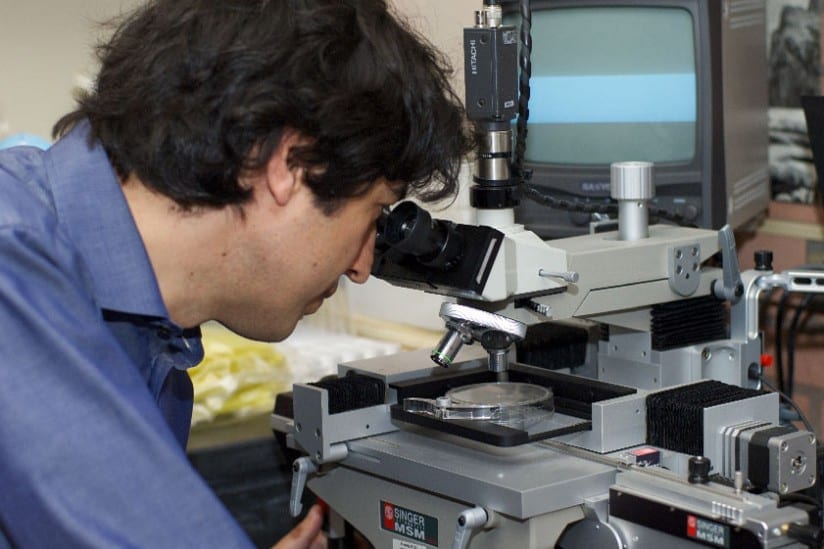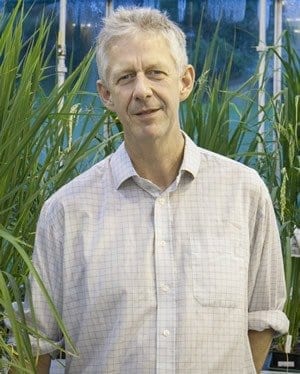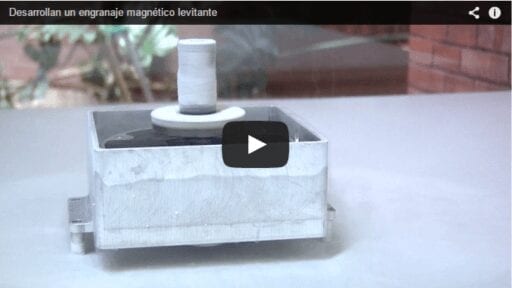
Protection from chemotherapy immunosuppression indicates effect could be conserved in humans
In the first evidence of a natural intervention triggering stem cell-based regeneration of an organ or system, a study in the June 5 issue of the Cell Stem Cell shows that cycles of prolonged fasting not only protect against immune system damage — a major side effect of chemotherapy — but also induce immune system regeneration, shifting stem cells from a dormant state to a state of self-renewal.
In both mice and a Phase 1 human clinical trial involving patients receiving chemotherapy, long periods of not eating significantly lowered white blood cell counts. In mice, fasting cycles then “flipped a regenerative switch,” changing the signaling pathways for hematopoietic stem cells, which are responsible for the generation of blood and immune systems, the research showed.
The study has major implications for healthier aging, in which immune system decline contributes to increased susceptibility to disease as people age. By outlining how prolonged fasting cycles — periods of no food for two to four days at a time over the course of six months — kill older and damaged immune cells and generate new ones, the research also has implications for chemotherapy tolerance and for those with a wide range of immune system deficiencies, including autoimmunity disorders.
“We could not predict that prolonged fasting would have such a remarkable effect in promoting stem cell-based regeneration of the hematopoietic system,” said corresponding author Valter Longo, Edna M. Jones Professor of Gerontology and the Biological Sciences at the USC Davis School of Gerontology and director of the USC Longevity Institute. Longo has a joint appointment at the USC Dornsife College of Letters, Arts and Sciences.
“When you starve, the system tries to save energy, and one of the things it can do to save energy is to recycle a lot of the immune cells that are not needed, especially those that may be damaged,” Longo said. “What we started noticing in both our human work and animal work is that the white blood cell count goes down with prolonged fasting. Then when you re-feed, the blood cells come back. So we started thinking, well, where does it come from?
The Latest on: Stem cell regeneration
[google_news title=”” keyword=”Stem cell regeneration” num_posts=”10″ blurb_length=”0″ show_thumb=”left”]
via Google News
The Latest on: Stem cell regeneration
- Celebrities Quietly Paying Huge Amounts for Anti-Aging Stem Cell Therapy That May Cause Gruesome Side Effectson April 27, 2024 at 6:31 am
Experts caution that there's limited evidence backing the benefits of these stem cell treatments, while pointing to plenty of risks.
- Japanese researchers test cardiac spheroids for heart regeneration in monkeyson April 26, 2024 at 9:33 pm
Regenerative heart therapies involve transplanting cardiac muscle cells into damaged areas of the heart to recover lost function.
- New prototype that regenerates stem cells may repair IPF scarringon April 26, 2024 at 10:42 am
Researchers developed NZ-97, an inhalable drug that stimulates the growth of stem cells in the lungs, potentially repairing scarring in IPF.
- Secret to eternal youth? John Cleese extols virtues of stem cell treatmenton April 26, 2024 at 9:12 am
Therapy has remarkable medical potential but experts say private clinics making far-reaching claims operate in regulatory grey zone ...
- In a first, mice brain circuits regenerated using rat stem cellson April 25, 2024 at 8:29 am
Two independent research teams have achieved successful regeneration of mouse brain circuits by cultivating neurons from rat stem cells.
- Scientists regenerate neural pathways in mice with cells from ratson April 25, 2024 at 8:00 am
Two independent research teams have successfully regenerated mouse brain circuits in mice using neurons grown from rat stem cells. Both studies, published April 25 in the journal Cell, offer valuable ...
- Regeneration Biomedical doses first patient in phase I trial of stem cell therapy to deliver directly to brain of Alzheimer’s disease patientson April 25, 2024 at 1:31 am
Newport Beach, California Thursday, April 25, 2024, 14:00 Hrs [IST] ...
- John Cleese is spending thousands on stem cell therapy – is it really the secret to anti-ageing?on April 24, 2024 at 10:00 pm
John Cleese is spending thousands on stem cell therapy – is it really the secret to anti-ageing? - IN FOCUS: ‘Monty Python’ star John Cleese has revealed that he has been having stem cell treatment ...
- The murky, unregulated world of anti-ageing stem cell therapyon April 24, 2024 at 10:50 am
Stem cells are the new focal point of the rich and famous with Hollywood A-listers reportedly spending tens of thousands of pounds each year on expensive therapies offered by private longevity clinics ...
- New small molecule helps scientists study regenerationon April 23, 2024 at 9:23 am
Regenerating damaged tissues or organs has been a dream of scientists for decades. Now, researchers at the FMI and Novartis Biomedical Research have discovered a new molecule that activates a protein ...
via Bing News










